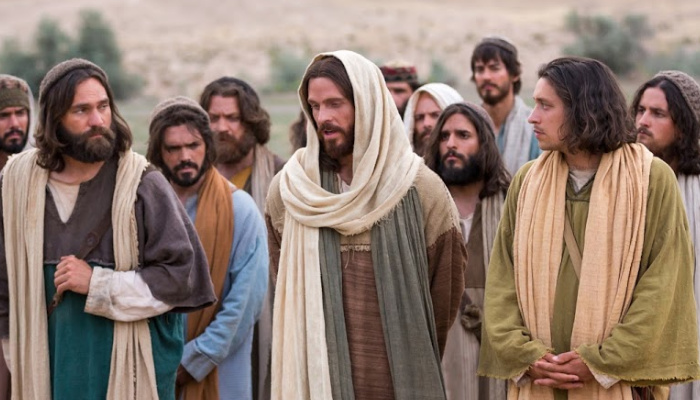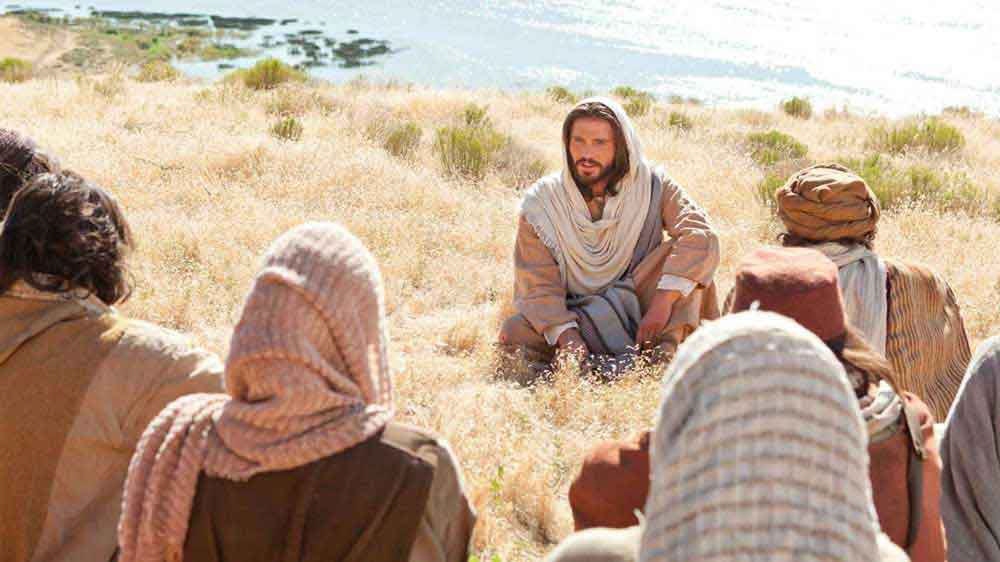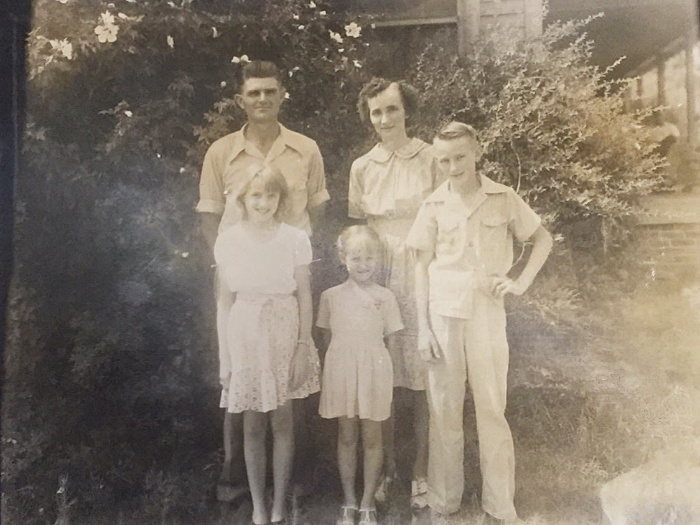
What do you remember from the last sacrament meeting talk you listened to? Was it the gospel points the speaker was explaining? The scriptures the person used? Or was it the story they told?
As humans, we love stories. Our ancestors sat around the fire and listened to stories. We still read the stories of the ancient Greeks and Romans, passed down orally and eventually written down. We write down and record the stories of our ancestors and our own stories for our descendants. As children, our parents read us stories—and if you are like me, you never grew out of loving stories.
Why do we remember stories?
 So why do we love stories? Matt Luhn recently spoke at a BYU forum and discussed stories. Luhn is a Pixar animator who worked on stories like Toy Story, Ratatouille, and Finding Nemo. He said that “when you use a story, you make things more memorable, you make things more impactful and you make things more personal.”
So why do we love stories? Matt Luhn recently spoke at a BYU forum and discussed stories. Luhn is a Pixar animator who worked on stories like Toy Story, Ratatouille, and Finding Nemo. He said that “when you use a story, you make things more memorable, you make things more impactful and you make things more personal.”
When someone starts a story, they have to finish or you go crazy. You have to know the end. And when someone is a good storyteller, you cannot look away. Luhn uses the example of the opening scene of Up. There is no dialogue in that sequence, but the storytelling is still powerful. Who doesn’t want to cry when Carl and Ellie find out they can’t have kids or when Ellie dies? No one. We are all crying.
Stories make us feel something. When we are emotionally invested in something, we remember it better. “Only five percent (of people) remember any statistics after they are shared, while 65 percent (of people) remember the stories told,” Luhn said. “Stories are 22 times more memorable than facts alone.”
When we experience various emotions, different chemicals are released in our brains. These chemicals (like dopamine and oxytocin) increase memory and focus. Our brains are literally hardwired to remember stories.
Stories are part of the gospel
 How much of the Sermon on the Mount do you remember? Probably more than I do. But how many of Jesus’s parables do you remember? Jesus taught in parables for many reasons. One reason was to create layers of meaning. The other was so that people would remember what He taught.
How much of the Sermon on the Mount do you remember? Probably more than I do. But how many of Jesus’s parables do you remember? Jesus taught in parables for many reasons. One reason was to create layers of meaning. The other was so that people would remember what He taught.
The Book of Mormon and the Old Testament are the same. We all remember the story of the Creation and Noah and the Flood. We remember the story of Ammon chopping off arms (though that isn’t the most important part of the story) and Abinadi crying repentance to King Noah. When the story element gives way to more mundane (though equally important) things, our eyes start to glaze over (don’t’ deny it).
Storytelling is what makes general conference talks more memorable. I remember the talk that President Monson gave where he told a story about him almost burning down a field. When President Nelson said that he broke all of his parents’ liquor bottles, I was paying attention.
We need to tell more stories
 Stories are how we pass down traits and values that we cherish to the next generation. There are reasons we have “morality tales” that everyone knows. We have all read stories that have a moral at the end. Little Red Riding Hood taught us not to talk to strangers. Pinocchio taught us not to lie. Achilles taught us that we all have a weakness. And Harry Potter taught us that when you get a cool scar, you might get to be the chosen one. Okay, maybe not that last one.
Stories are how we pass down traits and values that we cherish to the next generation. There are reasons we have “morality tales” that everyone knows. We have all read stories that have a moral at the end. Little Red Riding Hood taught us not to talk to strangers. Pinocchio taught us not to lie. Achilles taught us that we all have a weakness. And Harry Potter taught us that when you get a cool scar, you might get to be the chosen one. Okay, maybe not that last one.
Tell more family stories
 As Latter-day Saints, we have been told again and again that family history is important. And when we (I) think of family history, the first thing that comes to mind is family members who died long ago and who have not been seen by anyone in living memory.
As Latter-day Saints, we have been told again and again that family history is important. And when we (I) think of family history, the first thing that comes to mind is family members who died long ago and who have not been seen by anyone in living memory.
But that is not all family history is. Family history is parents telling children how they met. It is the stories that we tell when the family gets together. Children need family stories. A 2013 article from the Atlantic shares the reasons why children need family stories. The article explains that when children hear family stories (about parents, grandparents, etc.), they feel connected to the generations before them. This connection helps them become more socially and emotionally capable.
Hearing and telling stories is essential for childhood development. As we tell stories to children, they learn how to construct a cohesive narrative. When children tell stories about their day, adults help them make sense of the story and draw the deeper meaning from it.
The stories don’t have to be all good or all bad. Children benefit from all sorts of stories. The Atlantic says, “Research shows that children and adolescents can learn a great deal from stories of life’s more difficult moments—as long as those stories are told in a way that is sensitive to the child’s level of understanding, and as long as something good is gleaned from the experience.”
A few years ago, as part of a school project, I collected stories about faith-promoting experiences from my family. I put them all in a book and passed them out to the contributing family members. Now I have a collection of stories from my family that show me what I can do to maintain and recover my faith. I learned things about my own parents that I never knew (and I was there for those experiences).
Share your story

So share your story. Share it with your friends, family, and in sacrament meeting (if it is relevant). People will remember the stories you tell far longer than the facts you share with them. And we could use more uplifting stories in the world.
How have stories impacted your life? Let us know in the comments below.





